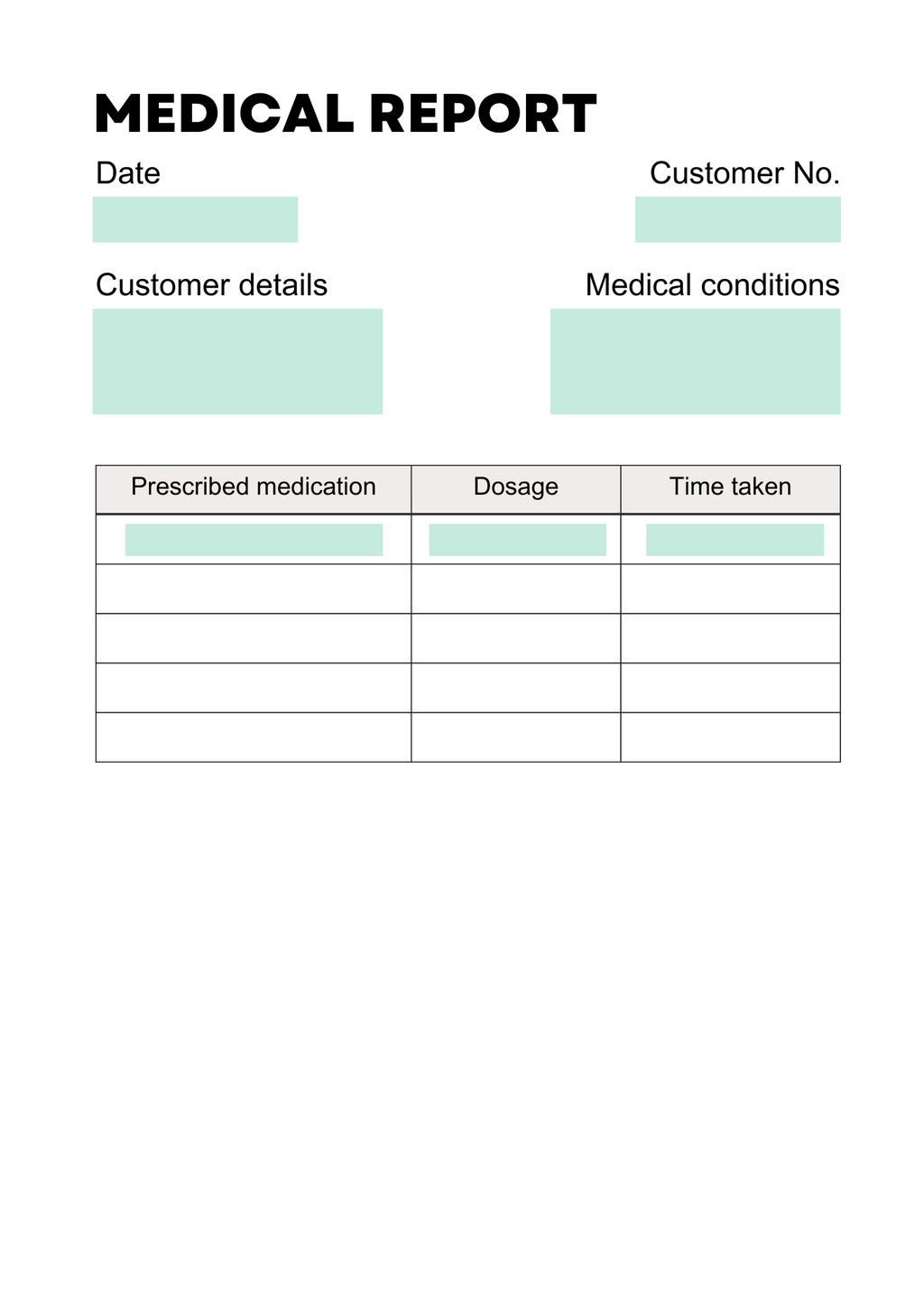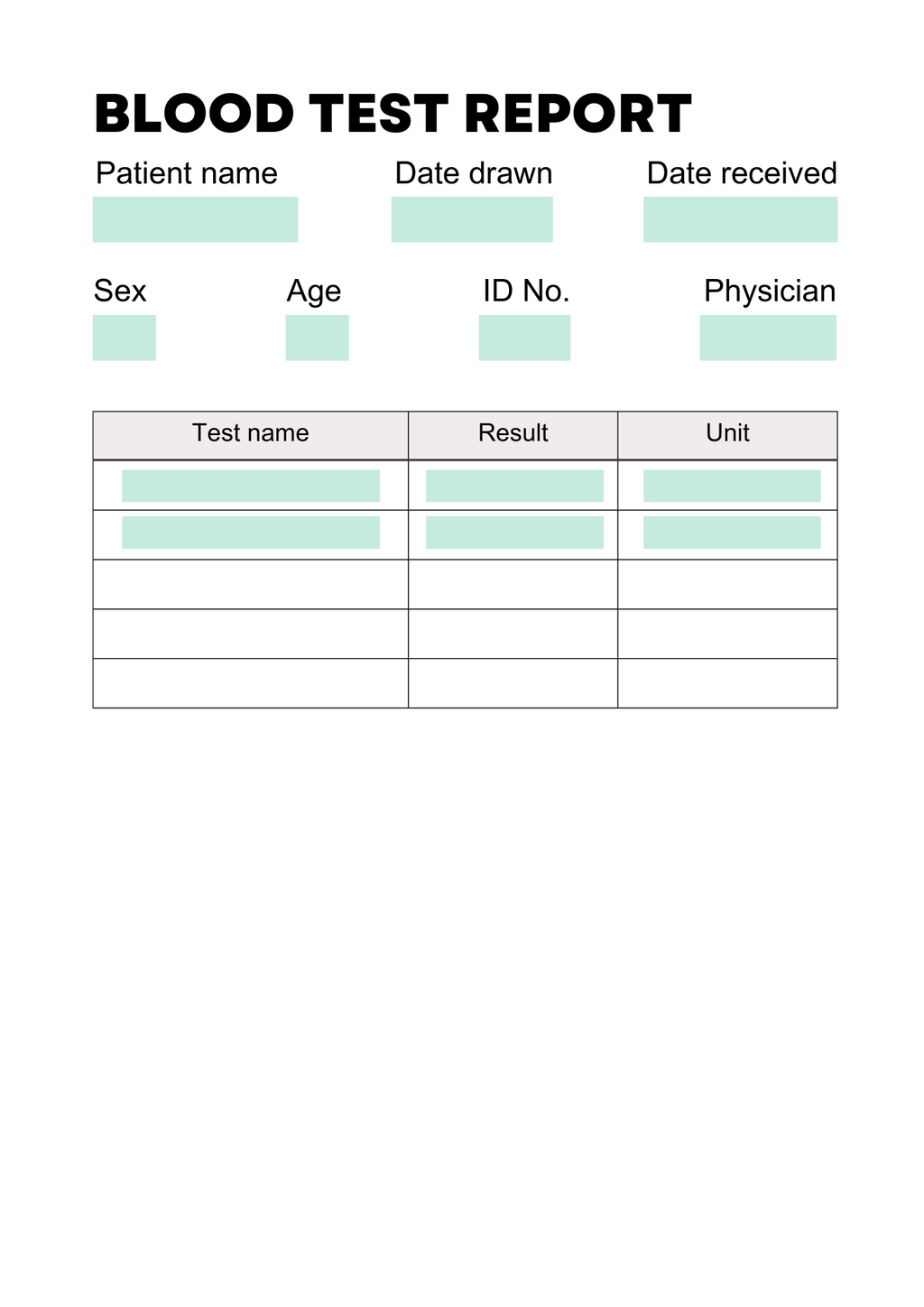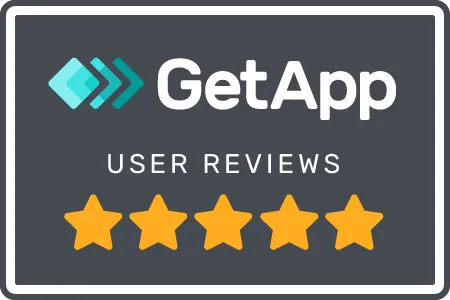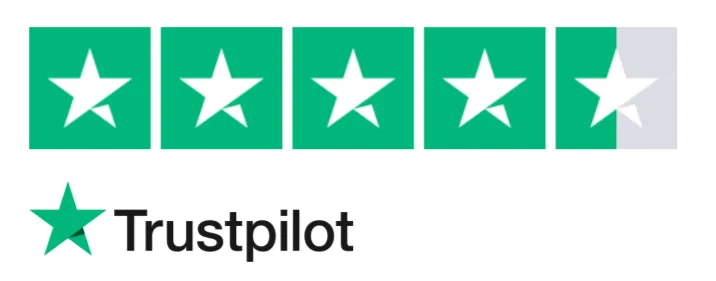AI is no longer just a technological trend; it's a fundamental force driving significant improvements in the healthcare industry and how medical professionals interact with data.
In this article, we'll explore the diverse ways in which AI is benefiting the healthcare sector, from patient care enhancements to operational improvements, and how it helps in data management.
Key Takeaways
- AI can save the healthcare industry $360 billion annually.
- By leveraging AI, healthcare systems can become more efficient.
The origins of AI in healthcare
Artificial intelligence was never a new concept in the healthcare industry. Its application was first introduced in the 1970s, when the first AI program called MYCIN was developed to identify bacteria causing severe infections.
After that, the Association for the Advancement of Artificial Intelligence (AAAI) was formed to continue scientific research with AI.
Applications of AI in healthcare
From improving patient outcomes to optimizing hospital operations, let’s dig deep into the diverse applications of AI across this industry.
AI in patient care
- Medical Diagnostic: AI tools analyze medical images and patterns with high precision, helping detect conditions early and accurately. For example, they can identify subtle changes in X-rays or MRI scans that might be overlooked by human eyes, leading to earlier interventions.
- Predictive Analytics: By analyzing trends and data, AI algorithms can forecast disease progression, anticipate the risks of complications, and suggest preventive measures
Did you know?
Google launched an AI model that could detect early signs of breast cancer
AI in healthcare operations
- Operational Efficiency: By analyzing usage patterns and patient influx, AI helps hospitals manage their workforce and resources more effectively, ensuring that patient care does not suffer due to administrative constraints.
AI helps streamline P2P processes with automation.
- Eliminates manual data entry: AI takes over repetitive, time-consuming tasks such as data entry and managing appointment schedules, freeing up medical staff to focus more on patient care and less on paperwork.
- Virtual Health Assistants: These assistants provide 24/7 support and health monitoring, offering advice, reminding patients about medications, and helping manage chronic conditions without constant doctor visits.
AI in medical research
- Drug Discovery: AI speeds up the drug discovery process while reducing research costs. It quickly sifts through datasets to identify potential drug candidates faster than traditional methods.
- Clinical Trials: AI enhances data collection, and ensures data integrity, leading to more efficient and effective research outcomes.
Examples of AI tools
Here are 3 common AI software programs often used by healthcare practitioners:
Challenges of AI in healthcare organizations
AI is contributing to the advancement of healthcare but, it does have its challenges in terms of data privacy and regulations.
Data Privacy
AI collects personal data which can pose a problem if healthcare providers do not maintain strict data protection standards.
Integration with other tools
Integrating AI tools with existing healthcare systems often presents technical and logistical challenges. Healthcare providers must be trained to use those new technologies.
What is Parseur's role in healthcare?
Parseur is an AI data automation tool that extracts data from medical records, or blood test reports, enhancing data accuracy and reliability.
Parseur simplifies the management of vast amounts of medical data, from patient records to medical reports, ensuring that data is accurately captured and easily accessible.
How to get started with Parseur?
Parseur is straightforward to set up and, we have a free plan where you can test the app and all our features.
Compared to other [AI parsers]/use-case/ai-invoice-processing), you do not have to train our AI model extensively before using it. Our AI engine is already advanced and powerful enough to understand the type of field you want to create right from the beginning.
Parseur can also integrate with your existing systems to create an efficient data workflow.
What’s next for AI in healthcare?
By 2030, AI will be able to predict several diseases and suggest preventive measures.
As AI continues to evolve with new technologies, more possibilities are bound to emerge aiding in healthcare. We are not far from the day when the integration of AI will become a necessity rather than an option, providing more personalized, efficient, and effective care for all.
Tools like Parseur are pivotal in realizing the benefits of AI, especially in managing the ever-important data aspect of healthcare.
Last updated on







